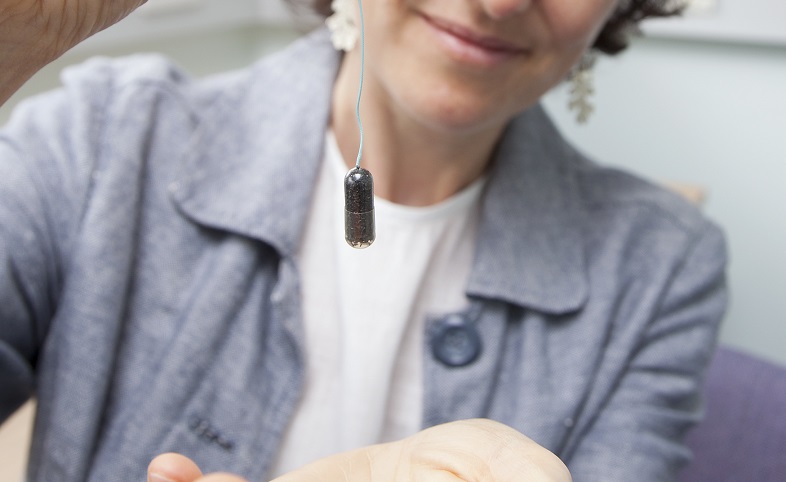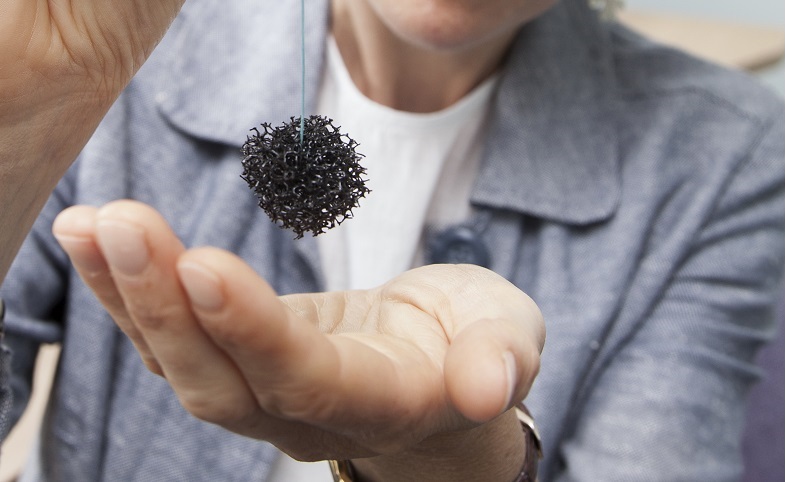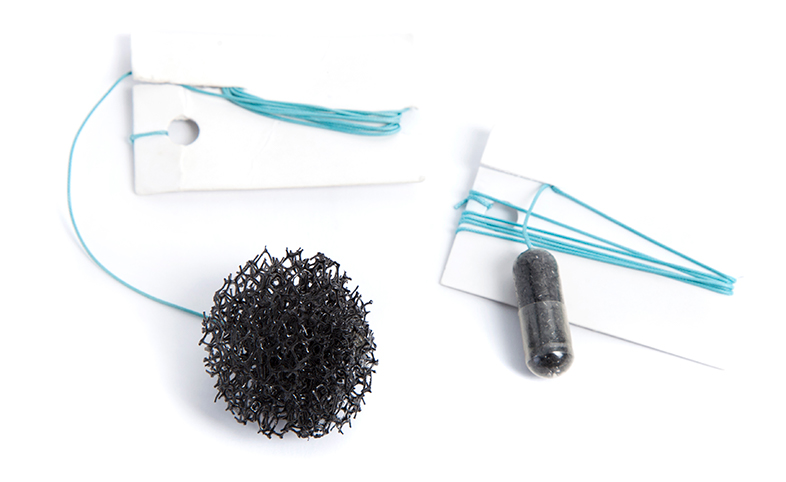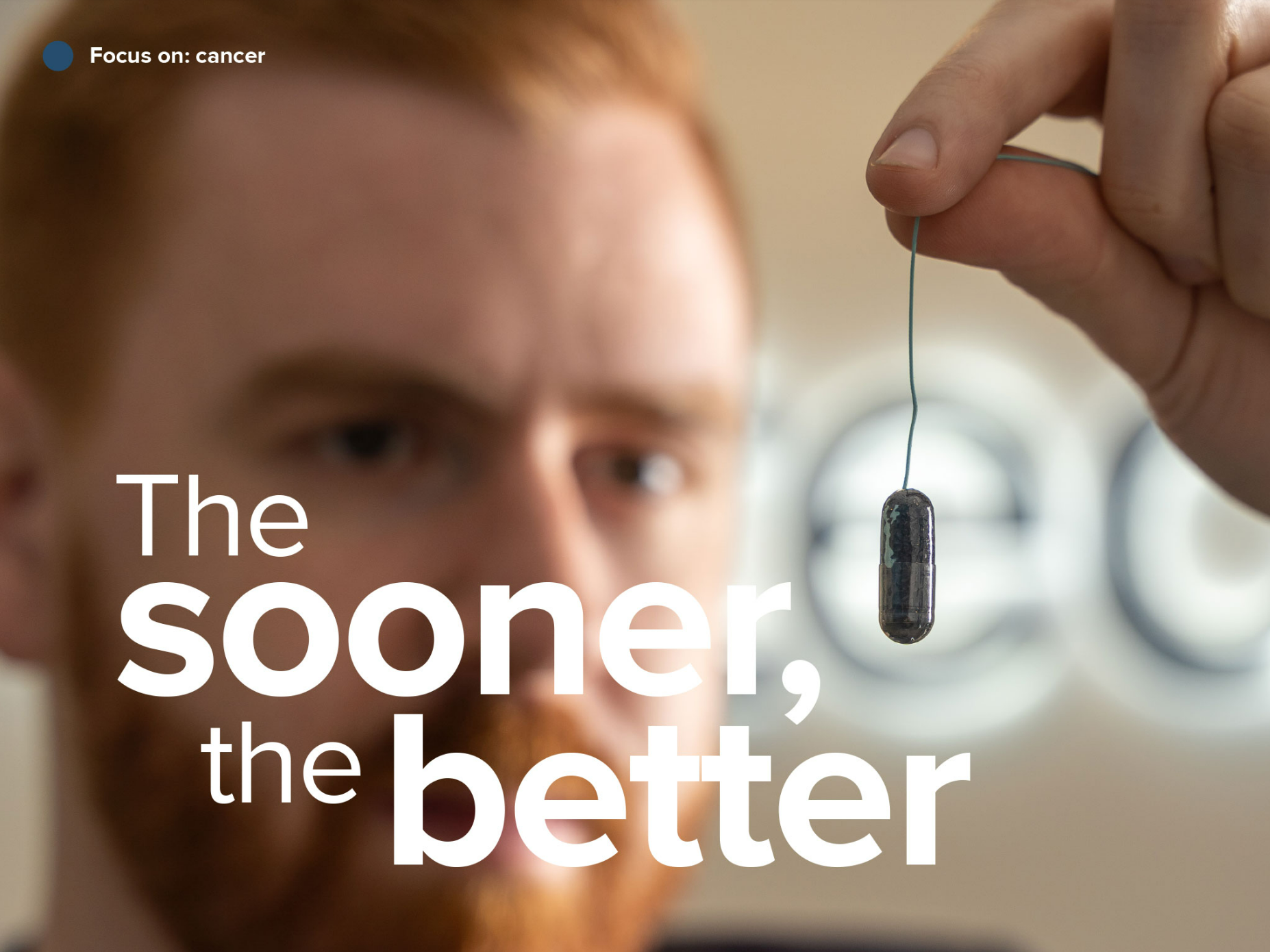The Cytosponge enables testing in primary care for Barrett’s oesophagus, a condition that can increase a person’s risk of developing oesophageal cancer. A big challenge with this type of cancer is that many people don’t realise there’s a problem until they start to have trouble swallowing. Often, these symptoms aren’t recognisable until a later stage in the disease.
Created by Cyted, it’s a cheap and simple test that can be done in a GP surgery instead of a referral to hospital for an endoscopy.
Following a proposal supported by Health Innovation East, the government has announced a 3.5 million funding boost to trial the use of the Cytosponge TFF3 test to diagnose Barrett-s oesophagus in patients with symptoms such as heartburn in primary and secondary care settings.
How does Cytosponge work?
Cytosponge is a small coated pill on a string that contains the sponge. It’s easy for people to swallow, and when the pill reaches the stomach, the coating dissolves and the sponge expands. The sponge collects cells from the lining of the oesophagus as it is pulled back up and is then sent for analysis, where pathologists will use a simple antibody test to spot the signs of the patient being precancerous.
The test is designed to be carried out in primary care by a nurse, saving GPs’ time whilst reducing patient waiting times, freeing up endoscopies for those who really need them, and in most cases reducing travel time compared to patients needing to visit their local hospital.
What is Barrett’s Oesophagus?
Barrett’s Oesophagus is a medical condition where some of the cells in your oesophagus grow abnormally. You are more likely to be diagnosed with the condition if you are male, over the age of 75, and have certain medical conditions such as long-term acid reflux or gastro-oesophageal reflux disease (GERD). If you have Barrett’s oesophagus you could be at a slightly higher risk of oesophageal cancer.
About Cyted
Cyted is enabling the earlier detection of disease, providing products and services that combine proprietary artificial intelligence technology and digital diagnostic infrastructure with next generation biomarkers.
Get in touch
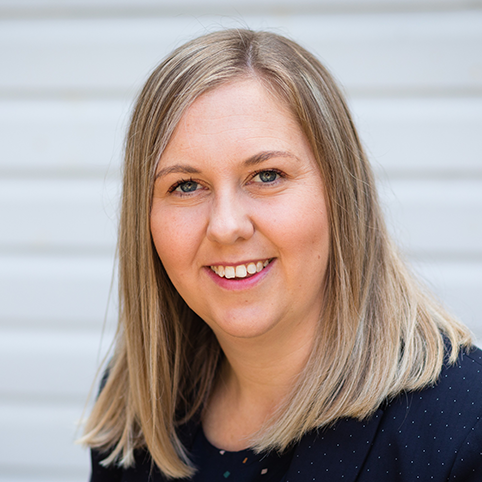
To learn more about our projects to detect and treat cancer contact sarah.robinson@healthinnovationeast.co.uk.
Share your idea
Do you have a great idea that could deliver meaningful change in the real world?
Get involved